Jean Yuzheng Zhang
An interview with the 26-year-old, self-taught photographer whose work has already been featured in Vogue.
When Raye won six Brit awards in March, including Best Album, Best Artist and Best Song, my first thoughts were: “Who is she? Why have I never heard of her? How have I allowed myself to get so out of touch?”
As we age, we tend to ignore the hot new thing. We find our tribe and view the younger generation with suspicion. This is a mistake, I think. We need to connect with what is happening now to avoid becoming inflexible and dogmatic. Fortunately, sometimes the young approach you …
Last year, after I interviewed Simon Murphy, I got a message from a young Chinese photographer called Jean Yuzheng Zhang. She loved my interview and asked if I wanted to do one with her. I didn’t know Jean’s work and couldn't imagine what we’d have to discuss, but said we could chat at Simon's exhibition preview.
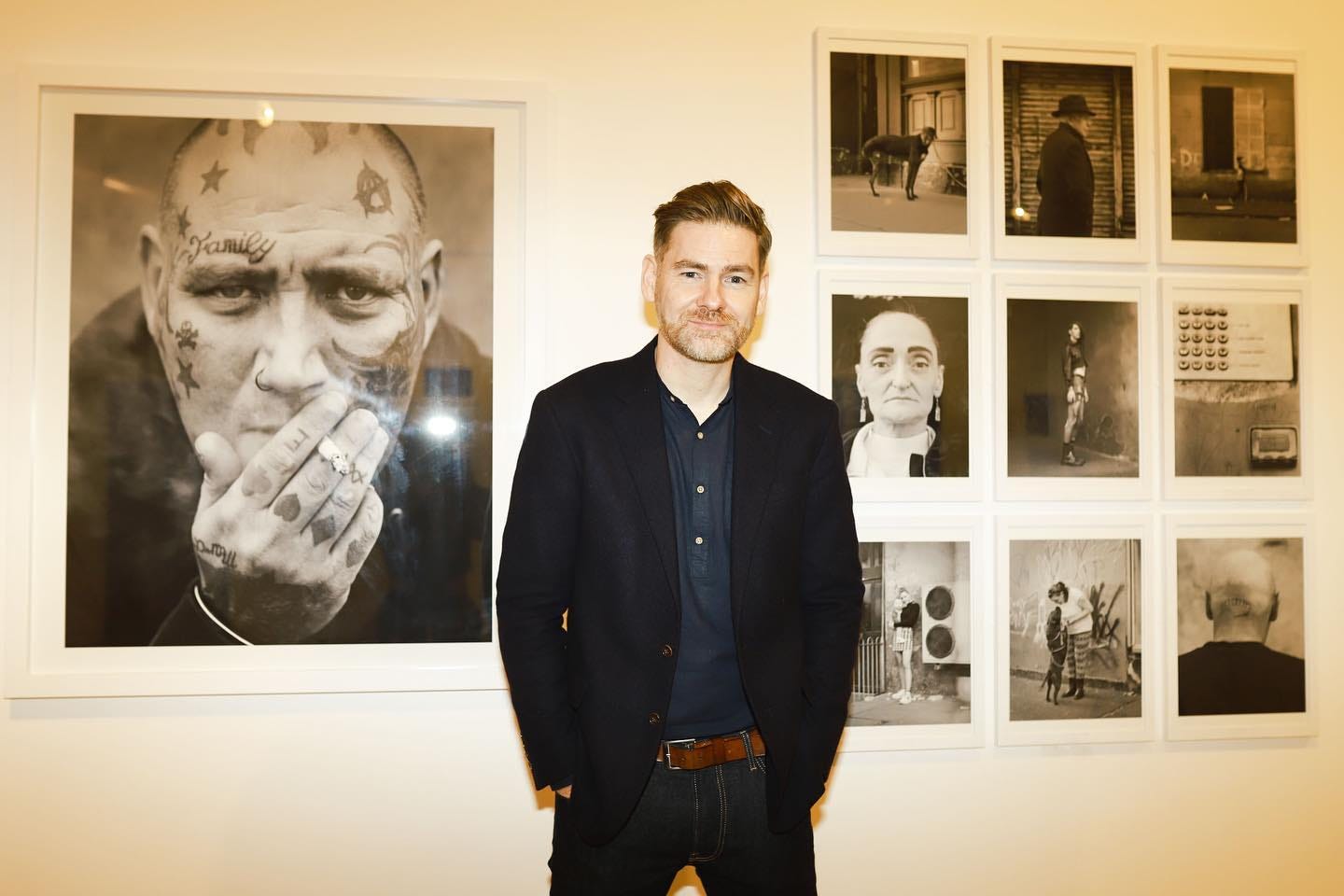
At that event, we had she thrust a business card into my hand and repeated the request. It was assertive but friendly. I was reminded that to be a professional photographer you've got to put yourself forward.
A few months later, Jean's photos of the singer Raye were all over Vogue. It was incredible to see how she had asserted their way all the way to the Brit Awards. I decided to find out more …
Neil Scott: A lot of people saw your work with Raye in Vogue. How did that come about?
Jean Yuzheng Zhang: I saw Raye twice last year at a music festival. The first time, I didn't even know who she was, but I loved her and resonated with a lot of her music. And then we ran into each other again and she remembered me. That night, on stage she said, “I'm 25 years old, I'm Scorpio, I'm an independent artist, and I've been single for many, many years.” I was like, “Hell, I'm 25 years old. I'm a Scorpio. I'm an independent artist and I've been single for many, many years.” Just a huge connection! We spoke again and her team reached out to me afterwards to document the Royal Albert Hall show. That's where it started.
How did you get started in photography?
It has become a thing for Chinese people to do personal photo shoots. Not for anything in particular, just for themselves. I started doing that in the first year of university. I was quite good and made a tiny bit of money.
Do you prefer to make people look good or show the truth?
I don't think they are opposed. My approach is to help people find a new side of themselves, a side they connect with and think is pretty. I chat with my clients and once the trust is built, they show their true and beautiful side to me. And I capture that.
How long does it take?
It won't take too long, but everybody's different. An hour is great. Two hours is perfect.
You came to the UK to study Service Design at the Glasgow School of Art. Does your design background help with photography?
It helps a lot. I don't have a day job, I'm a full-time freelance photographer. But I'm not doing photography 100 percent of the time. I do 10 percent photography and 90 percent self-managing and self-marketing etc. That's Service Design and UX. This might be the huge difference between me and other freelancers.
More marketing?
I'm more aware of the whole system. I'm building a system rather than just taking photos. I'm always reflecting and setting up a blueprint or roadmap for my system.
You’ve talked previously about “the female gaze”. I was wondering if you could say what that means for your photography?
I don't have a definition of the female gaze, but it is definitely related to my identity. Like, I'm a woman and non-binary person. We see the same subject but with a different gaze, a different view. The majority of the Western photography community is all men. So many guys! Sometimes I can tell from a photograph and think, “That's definitely a guy who took that.”
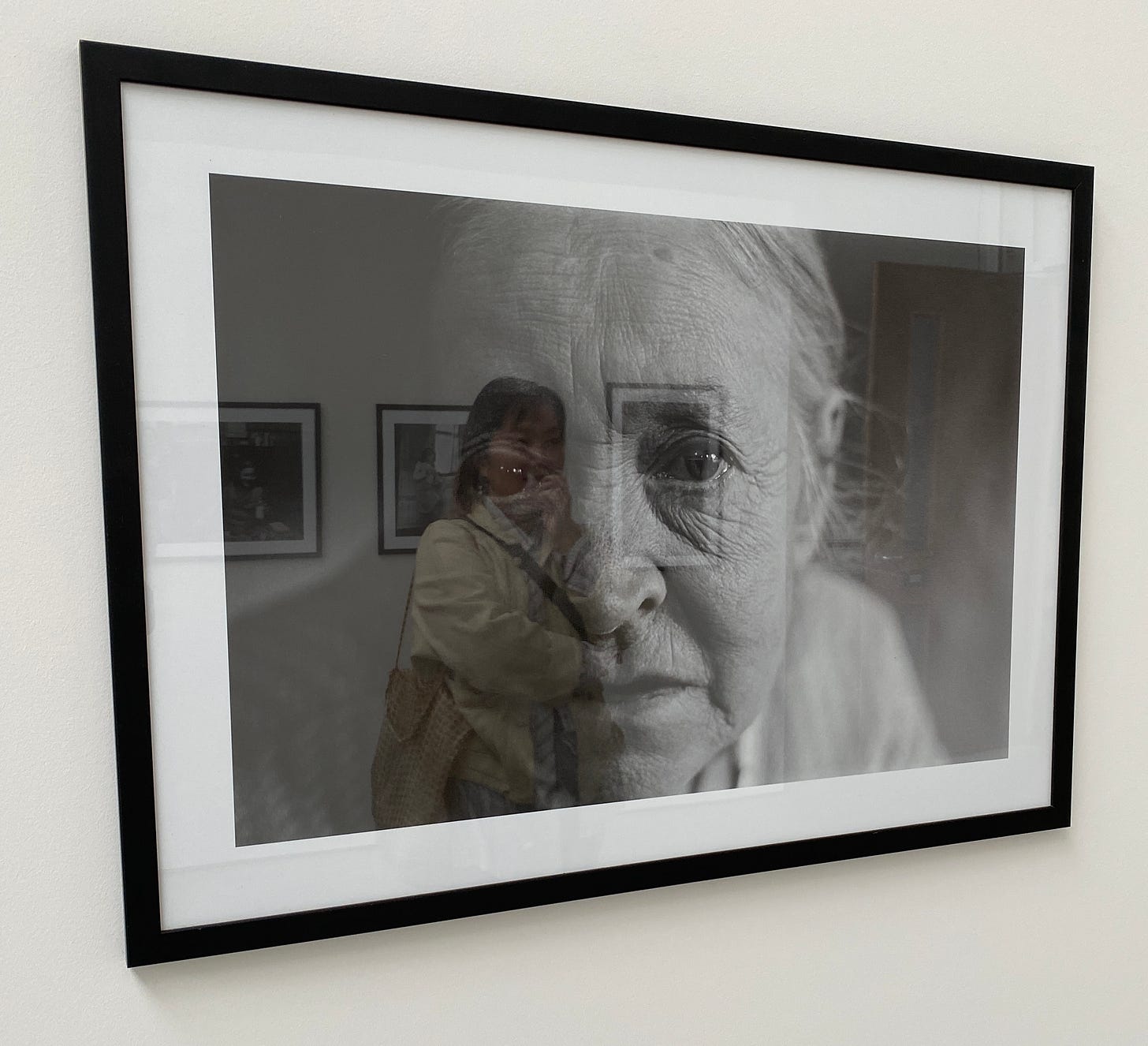
We just saw the exhibition of Sandra George, a black female photographer. Do you see her identity in her work?
Everybody has a different identity. When we say identity in the general sense it's actually referring to a lot of things that make a point of view.
I have an example… First of all, big warning, I will become critical when we jump into photography, so be ready for that. I know some white guys (sorry, white guys), that wouldn't take criticism. But I don't mind sharing this story about Simon Murphy's photography ….
I was part of the opening night photographing people. That was my job. Everybody there was saying his photography was amazing. And I was like, "They are just black-and-white photos of a lot of people. I don't understand."
So I asked myself, “Why wouldn’t I understand? Why would everybody love it so much?” And it's actually about identity. I come from mainland China and my knowledge and aesthetics are mostly from Asian female artists and photographers. I create mostly colour photographs. I'm a female and non-binary person. I'm not living in Govanhill etc.
And he’s doing the traditional Western sort of style of photography ... and also black and white. I'm a colourful person. So the identity aspect of his photography and his exhibition is completely out of my range. It made it hard to understand his photographs and the subjects he was photographing.
This is interesting because photography is often talked about as a way of accessing the universal. We can gaze into people's eyes and connect with them whether they are African, Asian, European, or whatever. Do you think a photographer's identity prevents them from connecting?
Simon has a strong personal style. When I saw his photographs, I could see Simon. But I didn't understand the story behind the photographs. I went to the exhibition several times afterwards and started to understand the community. But the first time I saw it I had so many questions in my head. That's the difference of identity and it is actually huge.
Do you have examples of photographers that you connect with?
There are people like Neil Krug, Petra Collins, Elizaveta Porodina, Melissa Schriek, and Jiayue Li. They have a personal style … I prefer artists to photographers. Artists and photographers are different.
What's the difference?
I consider myself an artist because I prefer to create things for myself. When I capture things, I'm creating things. A photographer is doing a job for other people. That’s why I separate artistic projects and commercial photography work.
And they don't cross over in terms of style?
They're going in separate directions at the moment. I'm separating them on purpose. It's actually protecting myself in a way.
You have talked previously about having emotional hypersensitivity. Do you think that affects photography?
I consider my sensitivity an ability. And I get to choose if I use it or not. In life, in general, I don't use it. I can switch off. Getting so much information would be a disaster for me. When it comes to photography, I open it up.
When I work for people, I chat with them. I get their energy, I get their emotions, and I use my ability to get deep information about them to transform that information into the visual arts.
When I work for Raye, we don't have time to chat because she’s busy. Each occasion is so hectic. It's not intimate. But I am sensitive. I can just observe and capture what's happening and keep my energy there.
What I connect with in your photographs of Raye is the intimacy and the glamour. What am I missing?
You're missing the emotion. That's why I started questioning you, because emotion is a huge part of my photography and that's related to my sensitivity.
What do you mean by emotion?
When I finished my website a month ago, I was shocked because the people looked really happy. That’s not easy and it shocked me because I wasn't intentionally making them look happy. I get people saying "Oh, I never see this natural, happy side of myself."
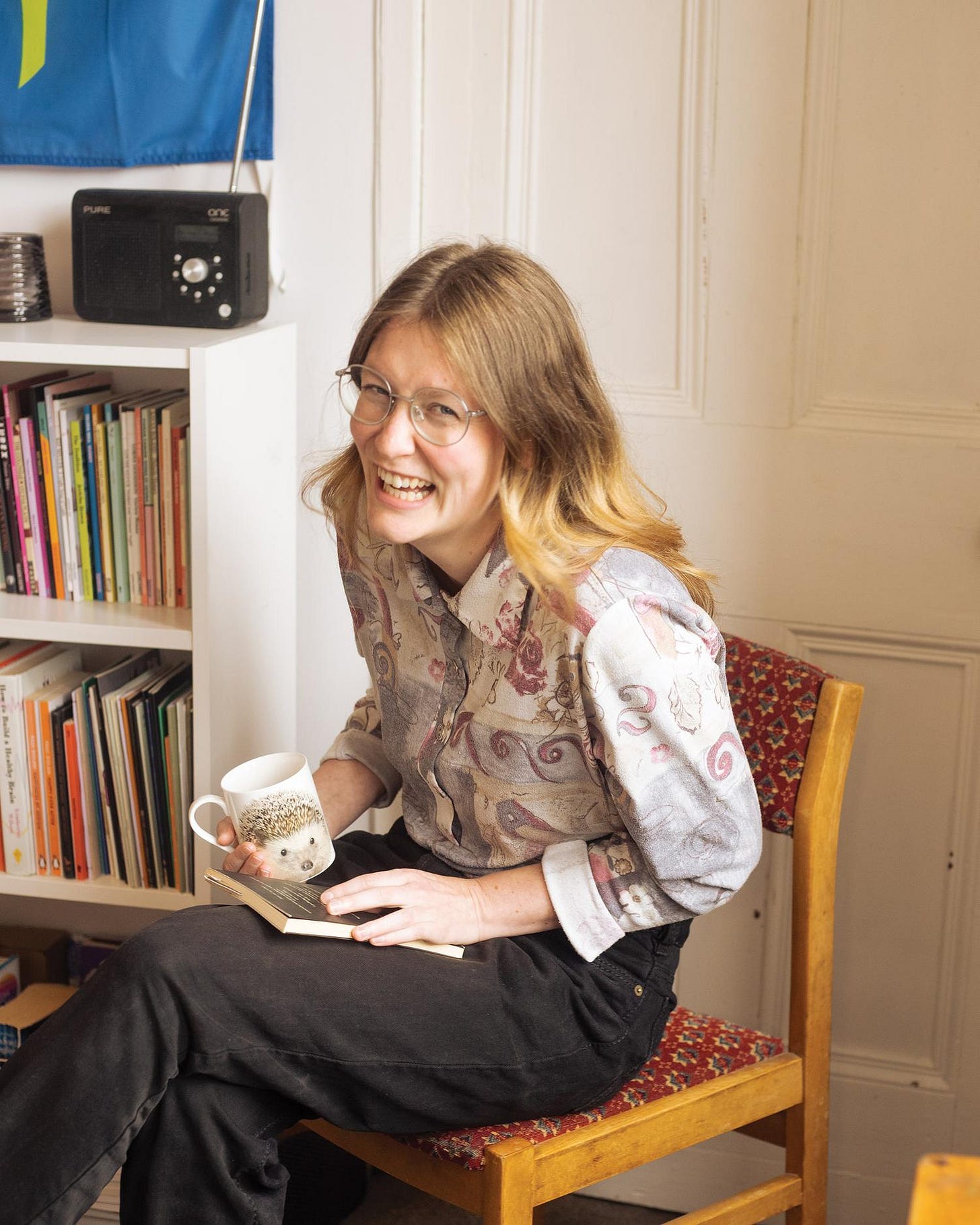
What are your ambitions now with photography?
I'm planning to move to London. I see more opportunities there. As a person, I love self-development. In terms of ambitions, it's tricky to say. I'm still building a career as a photographer, and also trying to find the balance between being an artist and a commercial photographer.
Finally, what advice would you give to people who want to push themselves forward but are shy when networking?
You've got nothing to lose. Just be proactive. There are two ways to get things done: one way is to be proactive, the other is to be passive. You could be waiting for things to come to you. But if you are proactive, you approach the things you love. If you're waiting for opportunities, you give control to other people.
Thank you, Jean!
Check out Jean Yuzheng Zhang’s photographs on Instagram or their website.


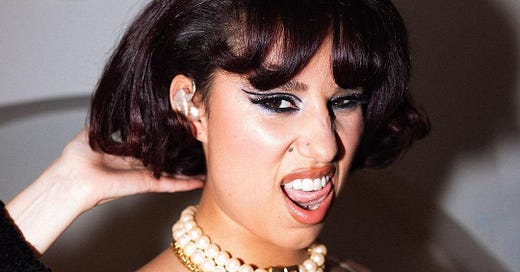


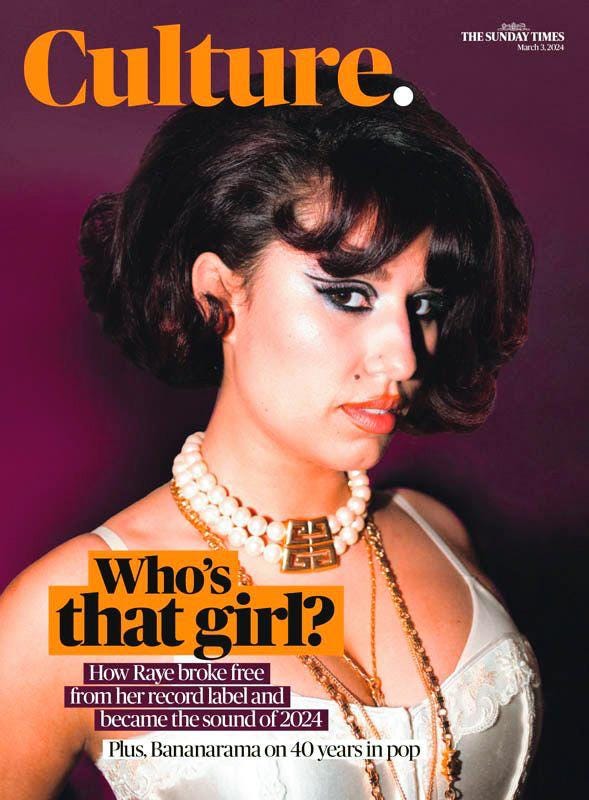
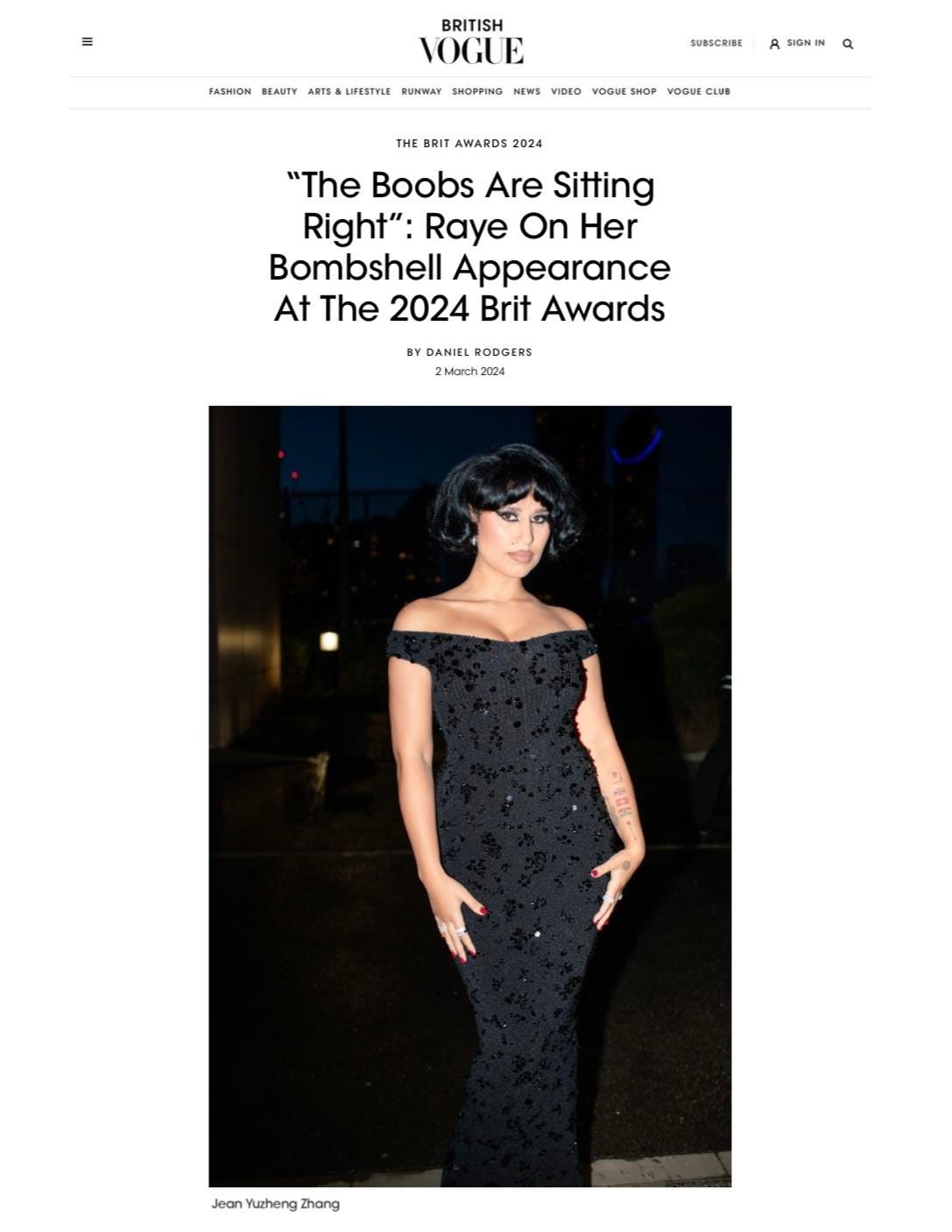
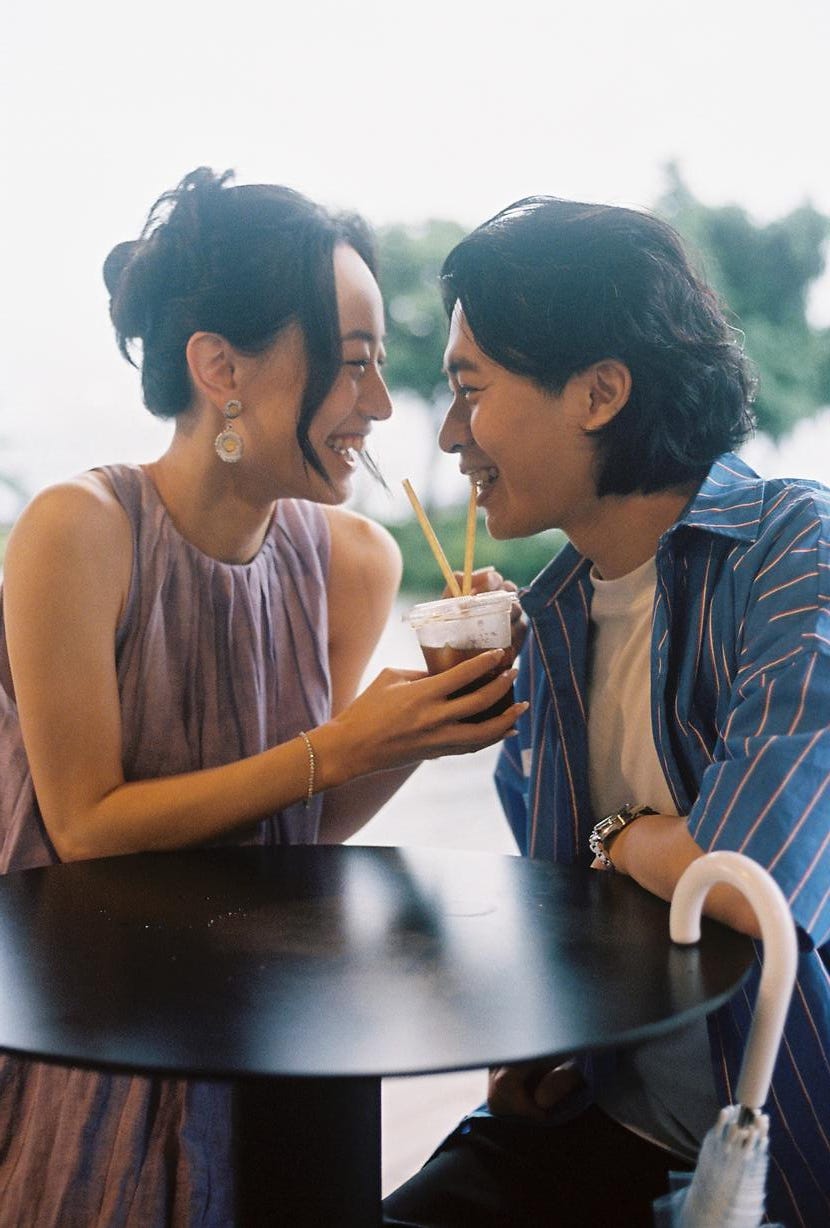
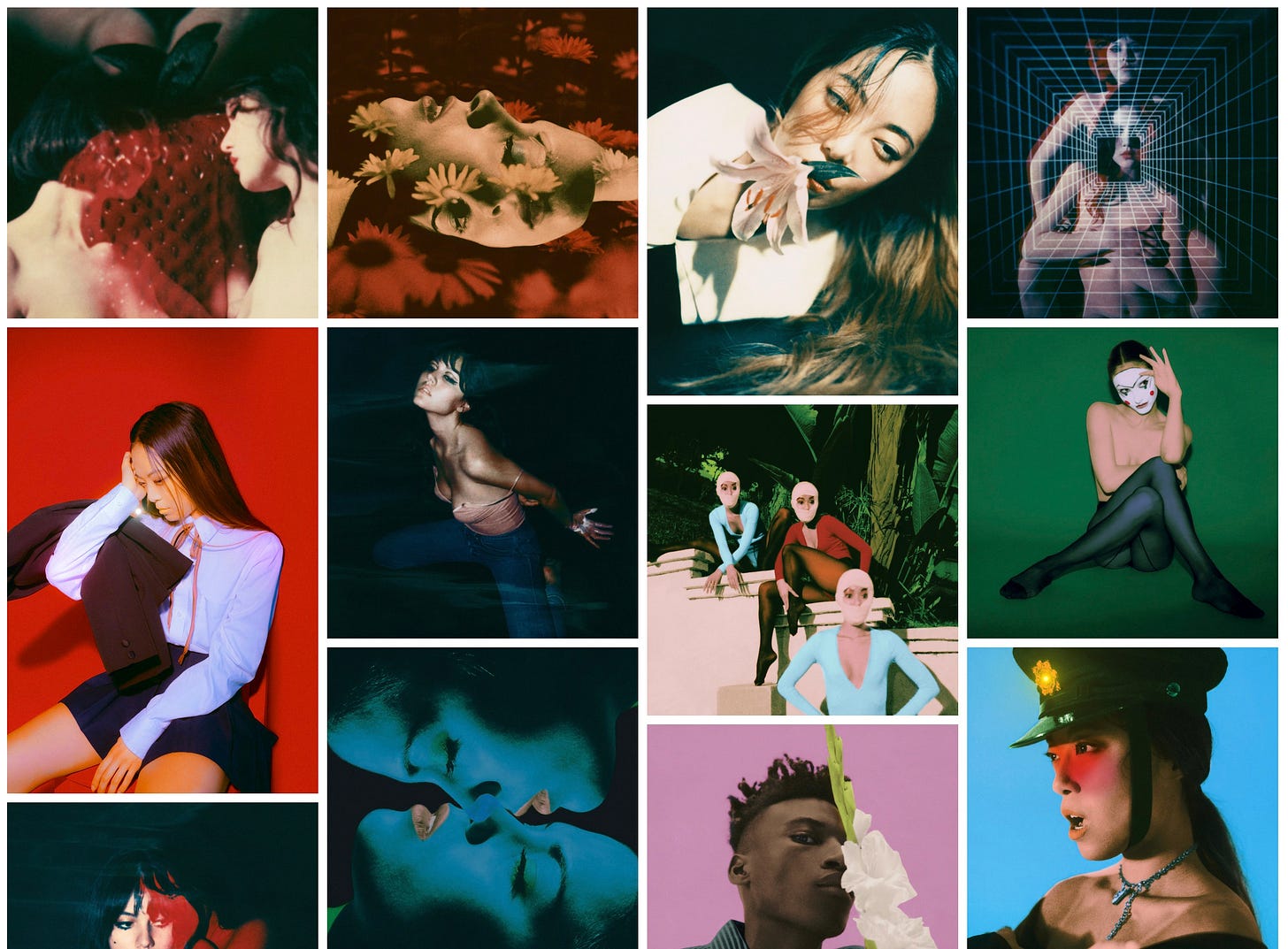

You are in demand !
An interesting interview 👍
What an impressive woman! Admirable!